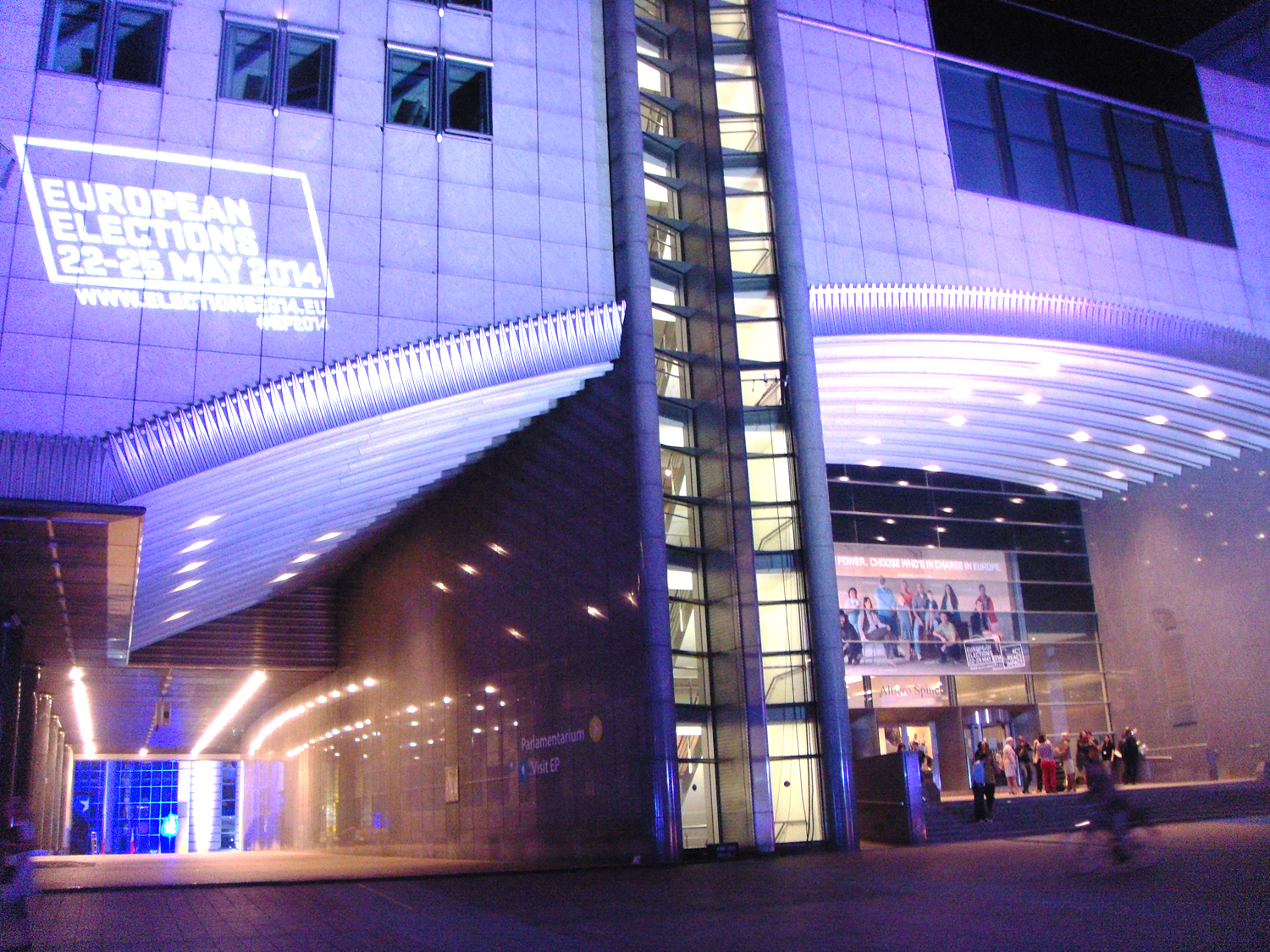LOC13:19
10:19 GMT
 European Parliament building in Brussels on the night of the elections
European Parliament building in Brussels on the night of the elections
BRUSSELS, May 26 (KUNA) -- EU leaders are expressing their shock and dismay over the rise of the Eurosceptic and extreme right wing groups as projected in the provisional results for the European Parliament held on Sunday.
"It is worrying me a lot looking at the results in France, but also in other EU countries. This is a bad day for the European Union. People are disappointed, they have lost trust and hope," the outgoing President of the European Parliament, Martin Schulz, told journalists in Brussels.
He was referring to the far-right National Front in France which won 25pct of the vote, winning 24 of France's 74 seats on the EU parliament. The anti-EU, UKIP party in the UK won over 27 percent of the vote.
Anti-EU parties also made strong gains in Denmark, Hungary and Greece but lost in the Netherlands and Belgium.
Eurosceptic parties are expected to win about 170 seats in the 751-seat European Parliament.
Hannes Swoboda, President of the Socialists and Democrats Group in the European Parliament, said "there are shocking gains by extremists in some countries, notably France, but overall we see a strong national component to the anti-European gains."
The vote in favour of Eurosceptic parties and those critical of the EU "reflects the large gap which separates the citizens from the European institutions. The message of the Europeans leaves no doubt: this vote is the last warning. This may be the last European election if Europe does not change," said the president of the European Economic and Social Committee, Henri Malosse, in a statement.
The Committee is a consultative body of the European Union and consists of representatives of employers, workers and civil society organisations.
"The major issues that concern citizens about Europe were once again not addressed, no alternative political project has been proposed to face criticism from European critics," Malosse noted.
The human rights group, European Network Against Racism (ENAR), expressed deep concern by the progress made by the far right in many EU Member States in the European elections.
"ENAR Chair Sarah Isal said: "When there is such support for racist and xenophobic parties - up to 25pct in certain Member States such as France, it should set alarm bells ringing for mainstream parties and for society at large."
The provisional results of the European elections showed that the first three parties suffered big losses compared to the last elections held in 2009.
The centre-right group, the European People's Party, retains its first place with 212 seats, but it lost 62 seats.
The Socialists were second with 186 seats, down from 196 and, ALDE Liberals group would be third with 70 seats, down from 83.
Voter turnout was slightly up. It was 43 percent in 2009 when there were 27 EU member states. In 2014 the turnout is projected to be 43.09 percent but with 28 EU member states.
The political parties in the EP will now begin consultations to form alliances in order to elect the next President of the European Commission. The candidate for the EU's top post needs the backing of about 400 members of the European Parliament to be elected. (pickup previous)
nk.sd